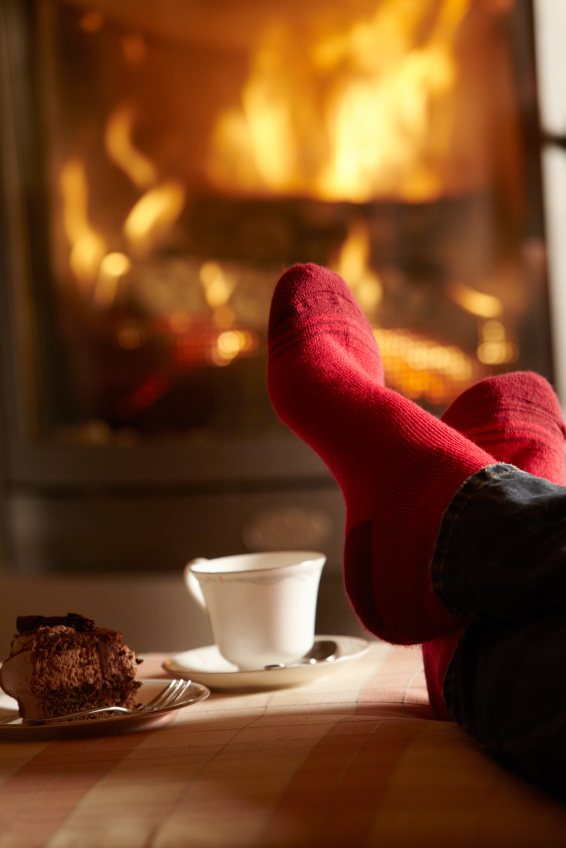People with diabetes need to care for their feet all year round, but in the winter, foot care is especially important.
Diabetes tends to cause reduced circulation and nerve damage in the feet and lower legs, which means reduced feeling in the feet. Couple that with cold, wet winter conditions, and there’s a greater risk that cuts, scrapes or blisters could lead to serious complications, including infection, nerve damage and even amputations, down the line, according to the American Diabetes Association.
Here are a few tips to keep your tootsies healthy during cold weather:
- Inspect your feet daily
Just like the rest of the year, look for cuts, scrapes or other breaks in the skin, as well as changes in skin color, discharge or other signs of infection. Check your shoes and socks for stones or other debris that might injure your feet. - Wear the right footwear
Wet skin can lead to foot ulcers, so it’s important to wear shoes and socks that protect your feet from moisture, as well as the cold. Choose natural materials whenever possible; manmade materials tend to lock in moisture. Wool socks are a good choice; in addition to providing warmth, they help wick moisture away from the skin. - Keep your feet dry
Wet skin blisters easily, and dampness encourages the growth of bacteria and fungi, which can lead to infection. Dry your feet thoroughly after bathing or going out in the snow or rain. Change out of wet shoes and socks as soon as possible. - Use moisturizer
Diabetics tend to have dry, flaky skin anyway, and dry winter heat makes it worse. Dry, cracked skin tears more easily, increasing the risk of injury and infection. After washing and drying your feet, use a foot cream made for diabetic skin. - Keep your toenails trimmed
Overgrown nails lead to pressure sores and cuts. Ask your foot care provider to show you how to trim your nails correctly. If you have thick, crumbly toenails, you may have a fungal infection that needs to be treated. Medicare may cover some of the cost of your foot care. - Avoid burns
Again, damage to nerves and blood circulation mean reduced sensation in your feet, so you can’t always tell when bath water, an electric blanket or heating pad might be too hot, leading to a risk of serious burn injury. Limit use of devices like heating pads, and your hands ““ not your feet ““ to check the temperature of your bath water. - Keep your blood sugar under control
Higher blood sugar means poorer foot health, and if your sugar’s not under control, your feet will show it.

